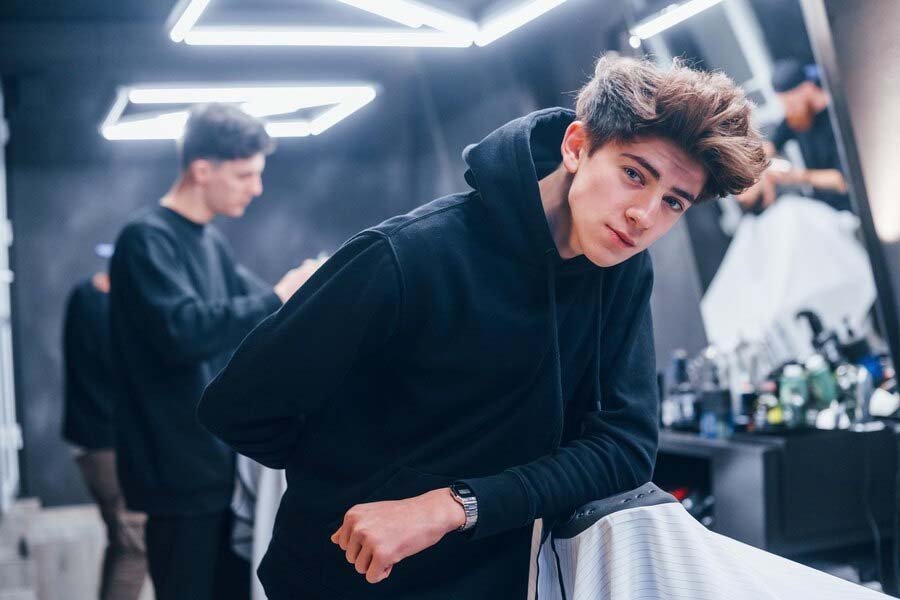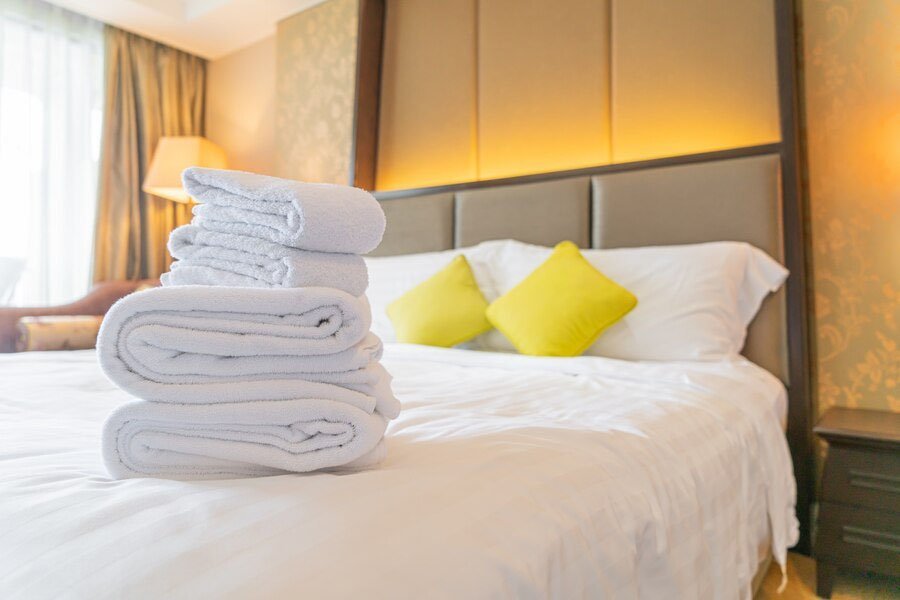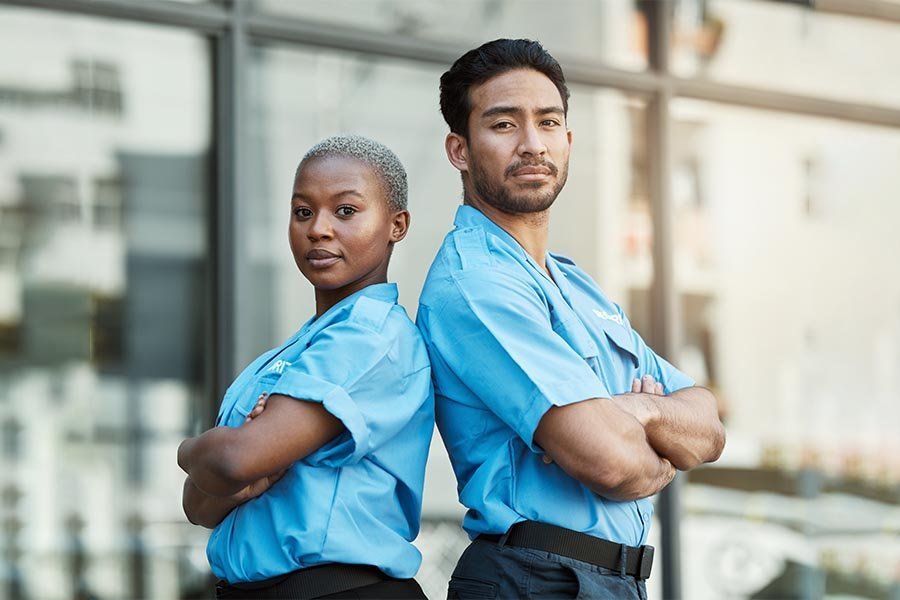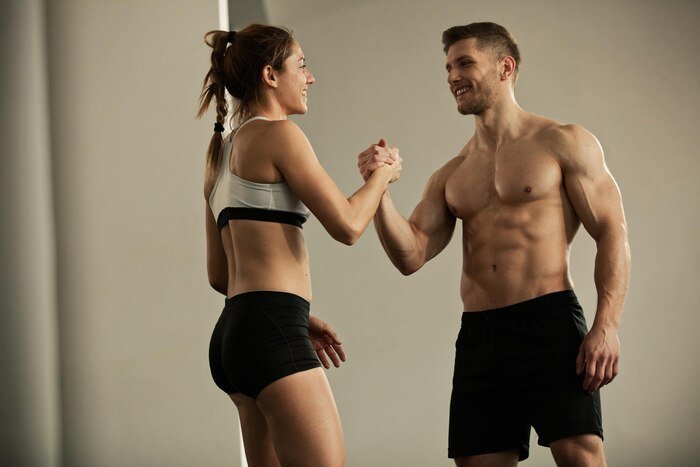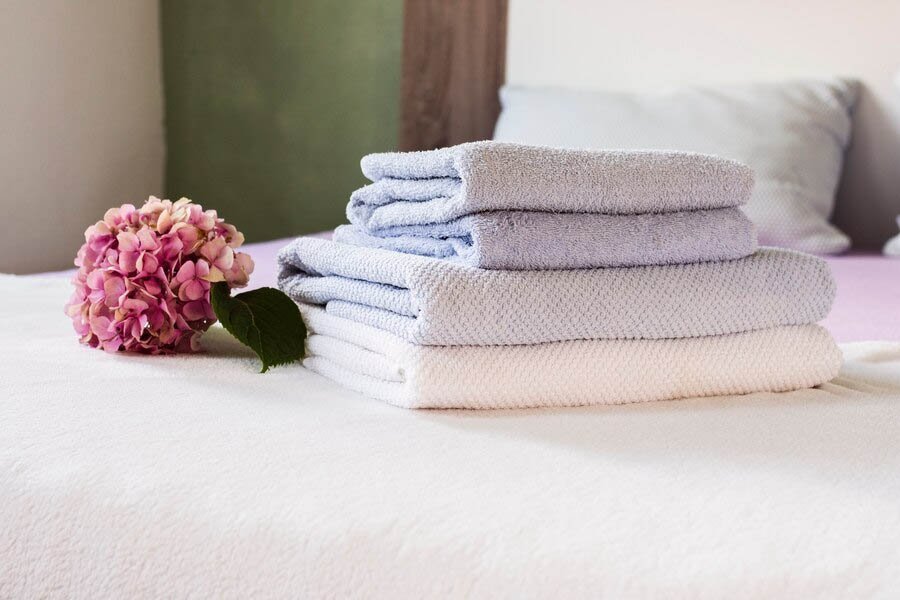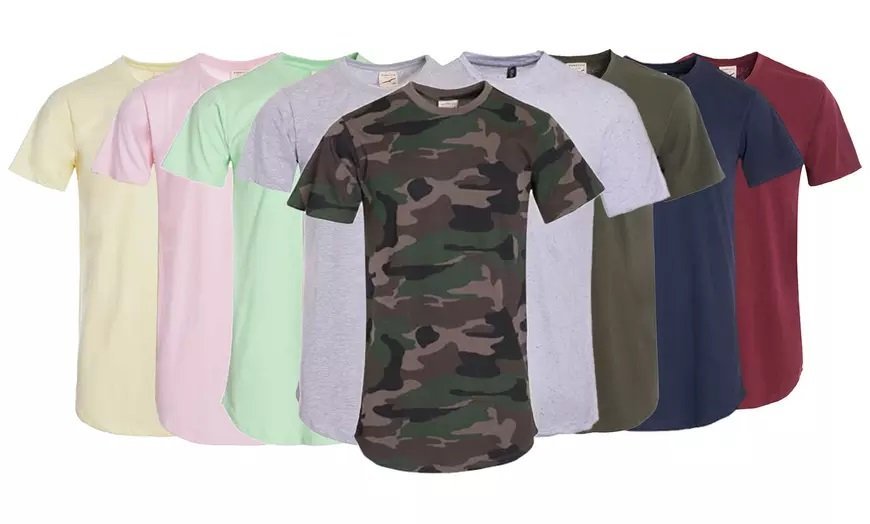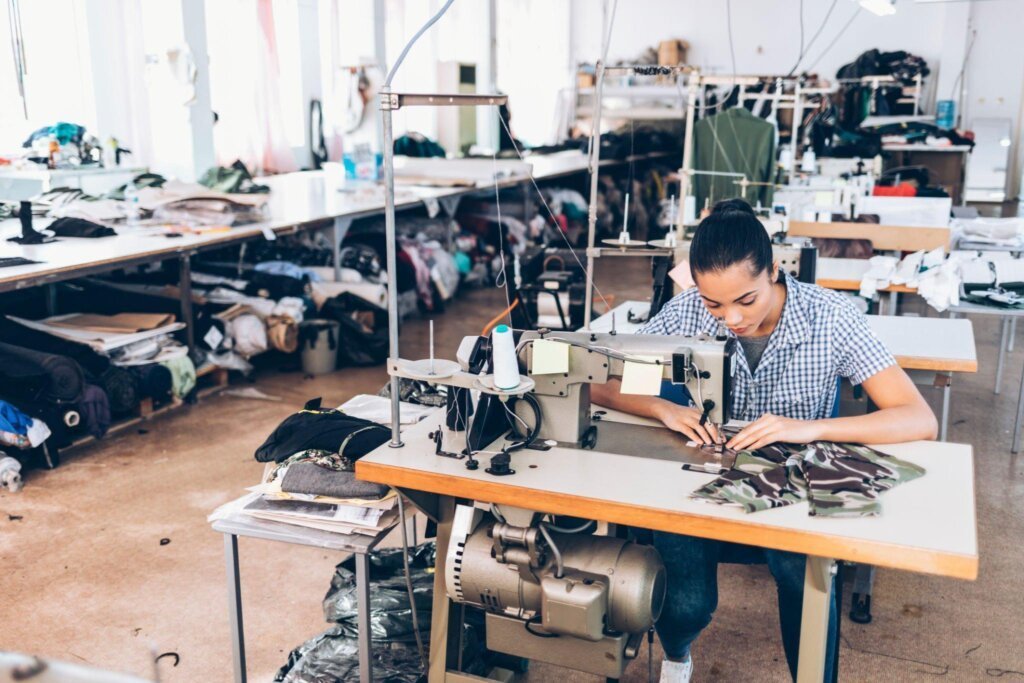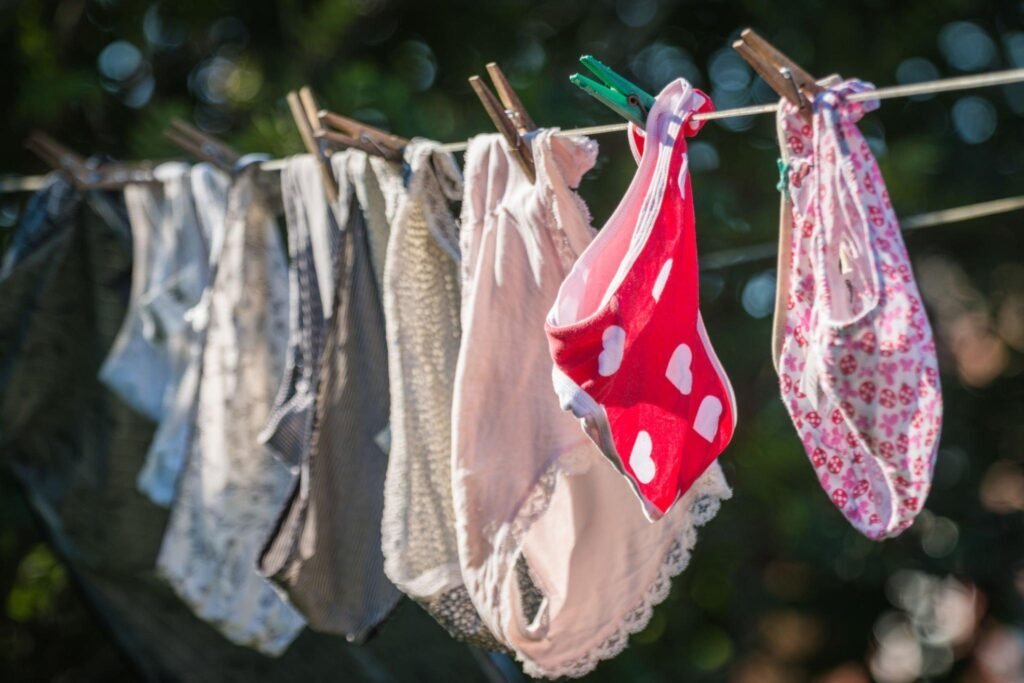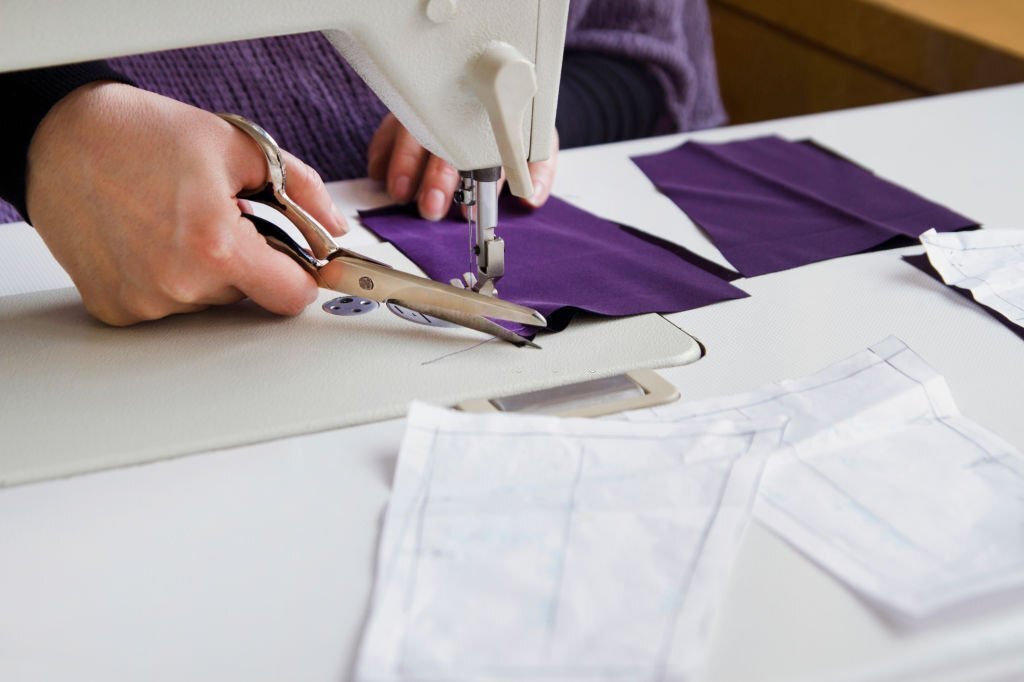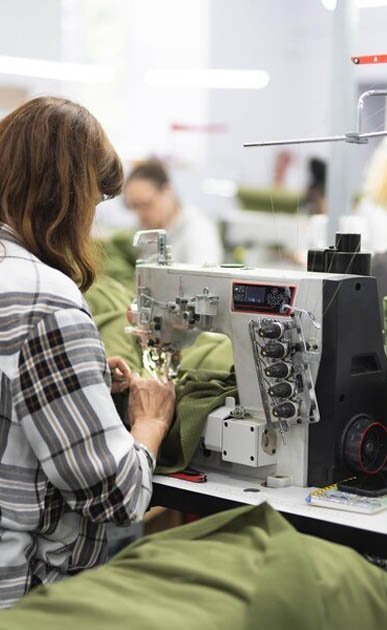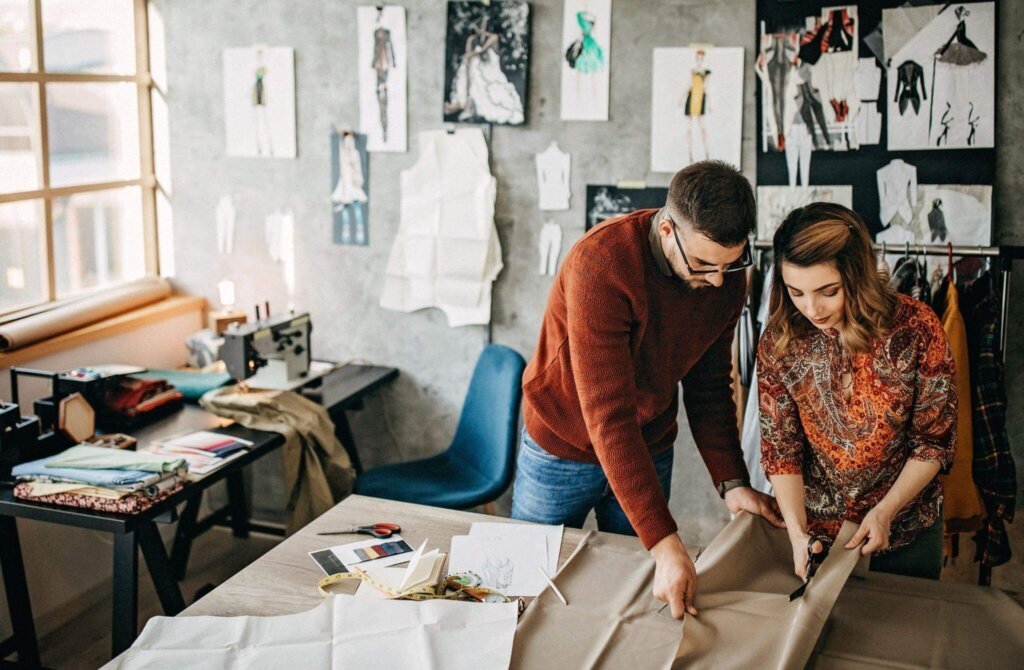
In today’s global marketplace, small manufacturers often face an uphill battle competing against industry giants. Tight margins, limited labor, and space constraints make scaling up a challenging task. However, one area where small and medium-sized enterprises (SMEs) can level the playing field is smart lifting automation.
The Real Cost of Manual Handling
Many small workshops still rely on manual material handling. While this may work at the beginning, it eventually limits productivity, introduces safety risks, and leads to worker fatigue. More importantly, it prevents your business from scaling efficiently.
For example, lifting a 300 kg load manually takes time, manpower, and increases the chance of injury. Doing this dozens of times a day not only affects performance but can delay delivery timelines, damaging your credibility.
Smart Lifting Equipment = Big Impact
Small manufacturers don’t need million-dollar machines to automate. Simple, space-saving tools like Wall Mounted JIB Cranes, Pillar Mounted JIB Cranes, or Electric Chain Hoists can make a world of difference.
Here’s how smart lifting solutions help:– Speed Up Production: Reduce material movement time by 30–50%– Reduce Injuries: Minimize worker fatigue and OSHA violations– Save Floor Space: JIB cranes are compact and wall- or pillar-mounted– Boost Consistency: Automate repetitive lifting with motorized hoists
Real-World Case: Loadmate in Action
One of our SME clients in Gujarat, India, producing heavy steel brackets, faced frequent delays due to reliance on manual trolleys. After installing a Pillar Mounted JIB Crane with a Loadmate Electric Hoist, they reduced internal transport time by 40% and increased shift throughput without hiring additional staff.
Scaling with the Right Partners
As small manufacturers upgrade their systems, having access to the right partners becomes essential. That’s where platforms like Ludyway come in. Ludyway connects small and growing manufacturers with vetted suppliers, automation specialists, and industrial partners across the USA. Whether you’re upgrading your equipment or sourcing parts locally, Ludyway can streamline the process—so you can focus on production, not paperwork.
How to Choose the Right Lifting System
If you’re considering lifting automation, focus on:– Load capacity: Choose cranes based on your heaviest regular lift– Working area: JIB cranes are great for 180–360° circular zones– Structure type: Wall or pillar-mounted, depending on your layout– Frequency: Manual or motorized, depending on volume
Investment vs ROI
While small cranes and hoists cost less than full EOT systems, the ROI is faster. Most SMEs recover the investment within 6–12 months through labor savings and improved efficiency. Additionally, faster production means you can take on more orders—growing your business.
Final Thoughts
In an era where every minute counts, smart lifting isn’t a luxury—it’s a necessity. By automating even one part of your material handling process, small manufacturers can achieve big wins. You don’t need to be a corporate giant to operate like one.
With solutions like Loadmate’s space-saving cranes and hoists, Indian SMEs are proving every day that smart beats big.
Ready to lift smarter? Visit us to explore compact, custom-built lifting solutions.

